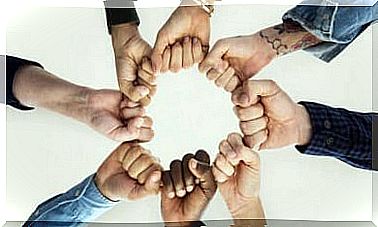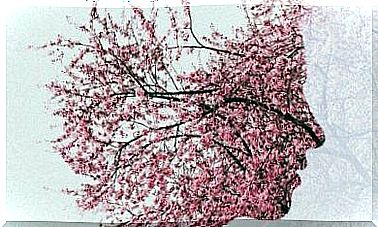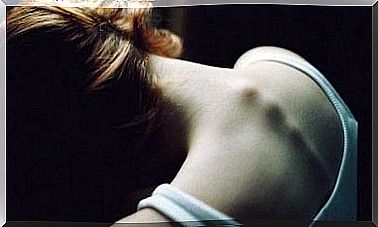Patria, The TV Series: How Long Can Resentment Rule Your Life?
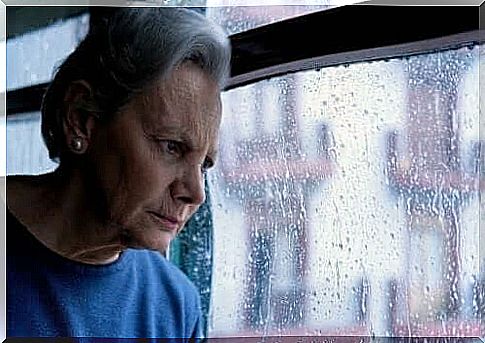
Patria is a TV adaptation of Fernando Aramburu’s novel. Screenwriter and executive producer Aitor Gabilondo adapted the book to the small screen. After the eight-episode series aired at the San Sebastian Film Festival, it was released on HBO.
The series tells the story of two families whose lives are shaped by ETA. This is a terrorist group that killed 853 people to put pressure on the government to give the Basque Country independence.
The beauty of Patria, however, is that it is not a political analysis of ETA. Instead, it is a very human reflection of what it was like for those who supported ETA and those who were threatened and killed by the group. It does not attempt to exonerate, compare or relativize the opposing sides of the issue.
Patria, the TV series: It’s not the story, it’s how they tell it
For forty years, the terrorist group ETA used violence to gain power and to be the sole representative of the views and aspirations of the people of the Basque Country. Members of civil society were often the victims of their attacks, blackmail and threats.
Spain fought back with paramilitary groups (GAL) funded by the state. GAL members have also killed and tortured ETA militants, as well as those suspected of being members. These kinds of attempts to eliminate ETA often only served to justify the terrorist’s actions and win more people to their cause.
In 2011, ETA declared a permanent ceasefire. In 2017, they also started handing in their weapons. Finally, in May 2018, they officially broke up. What they didn’t do was ask for forgiveness. The people around them refused to hand them over to the authorities. As a result, many murderers are still on the loose.
Two women, two ideologies
Patria tells the story of three decades in the lives of two Basque families devastated by armed conflict. In 2011, the announcement came that the ETA would be dissolved.
This inspired a widower named Bittori (played by Lena Irureta) to return to her hometown of San Sebastian. Bittori had to flee her home after the murder of her husband Txato (played by José Ramón Soroiz), a Basque businessman.
Her return opens many old wounds, especially with her former friends Miren (played by Ane Gabarain) and her husband Joxian (played by Mikel Laskurain). The two families were very close until ETA attacked one of them.
Miren wants answers, but not because of a sense of ideological vindictiveness. She just wants to know if Joxe Mari (Jon Olivares), the son of her friends, was the one who killed her husband. She knows he’s in prison, but she doesn’t know what his role was in the crime.
A story about the past and now
As the series progresses, there are flashbacks to the story of the friendship between the two families. You soon learn that there are events that mark a before and after in their relationship. The need to take a stand on family, geographic and political issues eventually destroys even the strongest emotional ties.
The series returns many times to Txato’s death, showing the scene from different perspectives. It shows how ETA extorted and challenged people and how that fear and disrespect affect relationships.
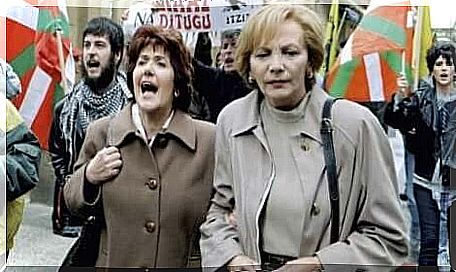
Patria , the series: When resentment reigns, there can be no progress
The series depicts the emotional destruction wreaking havoc on the families affected by ETA. Just because ETA turned in their weapons, for example, didn’t mean there weren’t people who thought murder was the only way to achieve their goal.
As we mentioned, the series tries to give the viewer a sense of the tragedy surrounding the conflict. Without attempting to exonerate the terrorists in any way, it depicts the transformation of a young Basque nationalist who joins the group with a friend because it seems adventurous and exciting. What starts as a frolic, however, becomes a personal hell.
The story is so balanced at times that it seems—or, depending on who you ask—to be too nice to those who killed people at close range after kidnapping them and who also killed children.
Gabilondo takes the viewer into the life of a small community and shows what it is like to live under threat. It follows the development of a lifelong friendship between two families that degenerates into hatred. You see how political ideology transforms them and dehumanizes their relationships.
In Patria there is no place for superficial ideas or emotions
The role of Miren is especially heartbreaking, a mother who seems to feel nothing but resentment towards her son, but no compassion. Her antithesis is her daughter Arantxa (Loreto Mauleon) who is brave enough to do the one thing truly revolutionary and recognize the humanity in others.
She fights for the good in people, even though she has suffered so much herself. Arantxa is a small flame of hope that flickers in the darkness that is Patria.
In short, the series focuses less on what we believe and more on who we are: little bits of history defined by a context that sometimes brings out the worst. The series also raises questions such as how many people might support or embrace terrorism.
How can an ideology blind someone to the point that they can threaten, kidnap or kill other people? Why do we still not know the identity of the murderers who have been released? Those who have committed such atrocities, why have they not apologized for what they have done?



